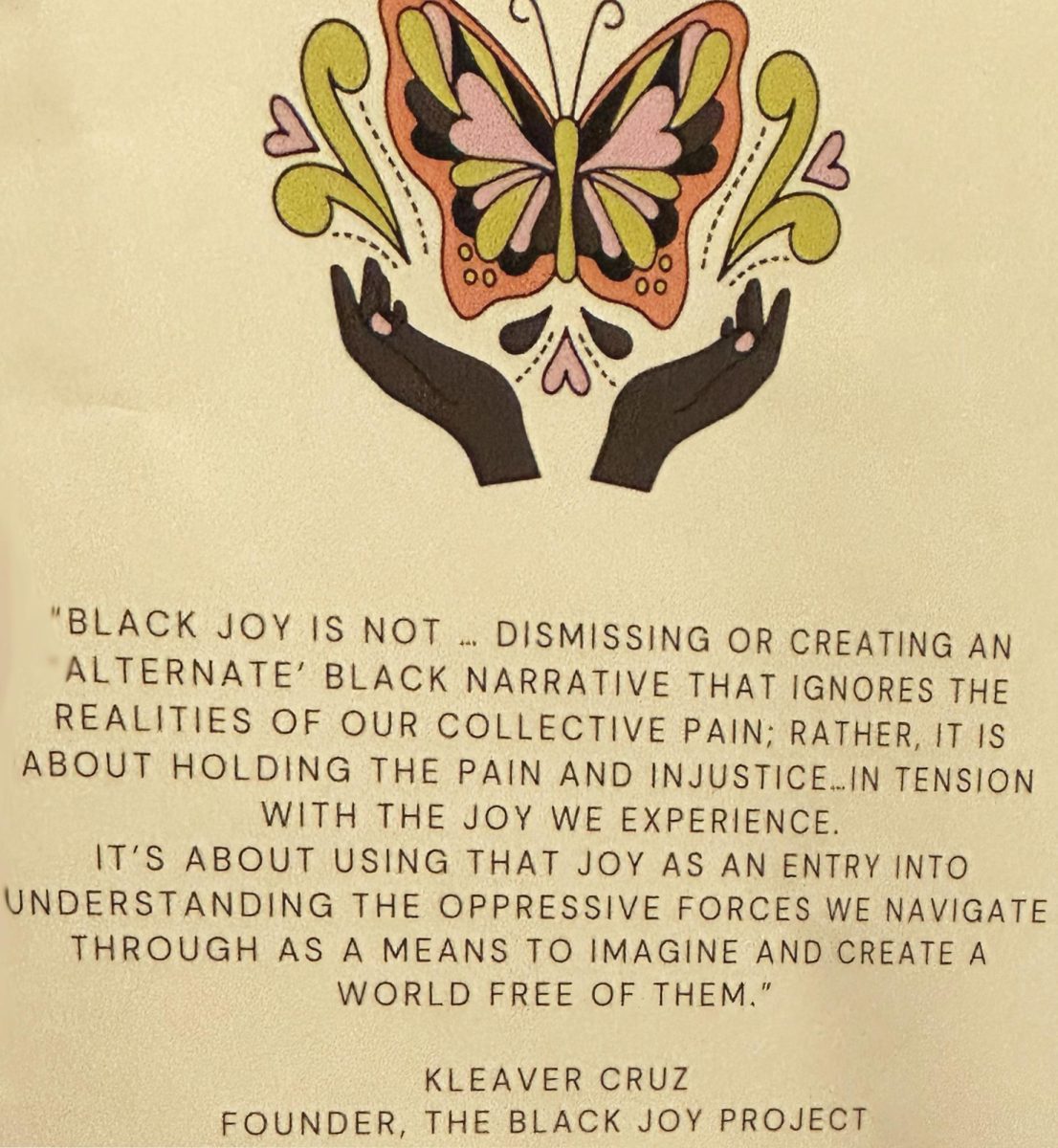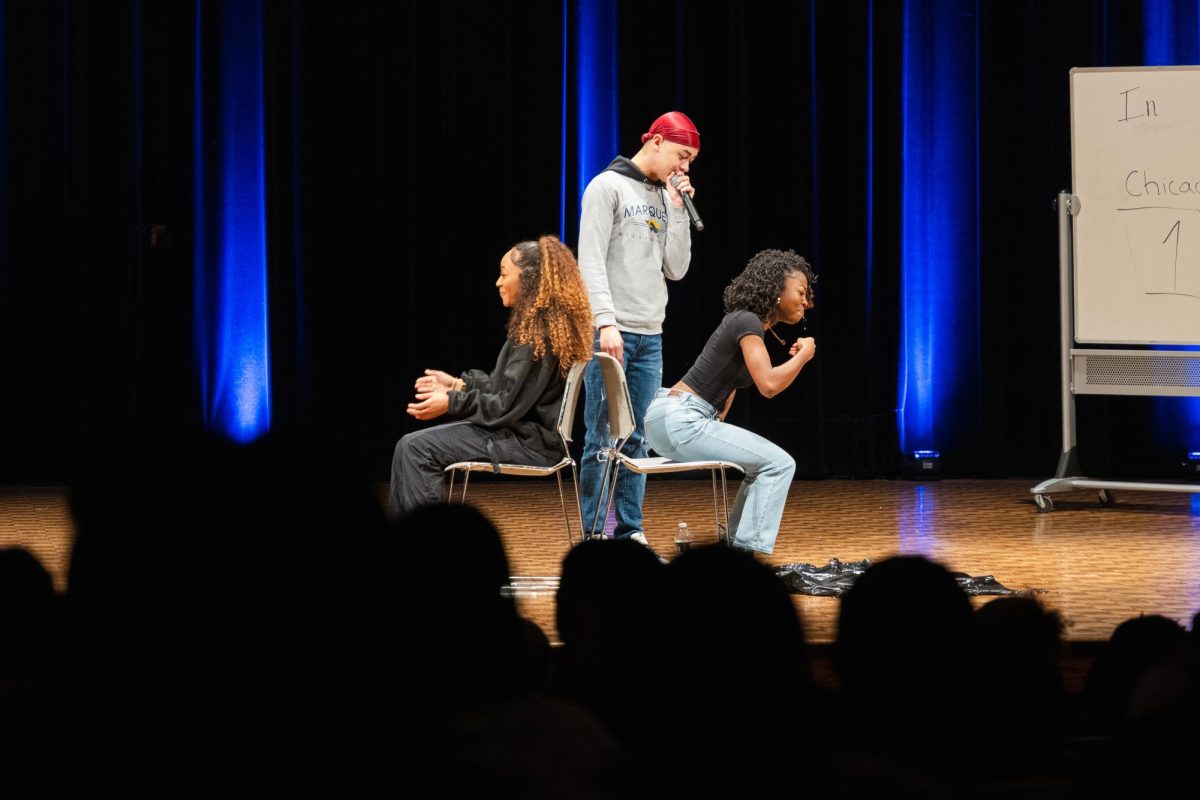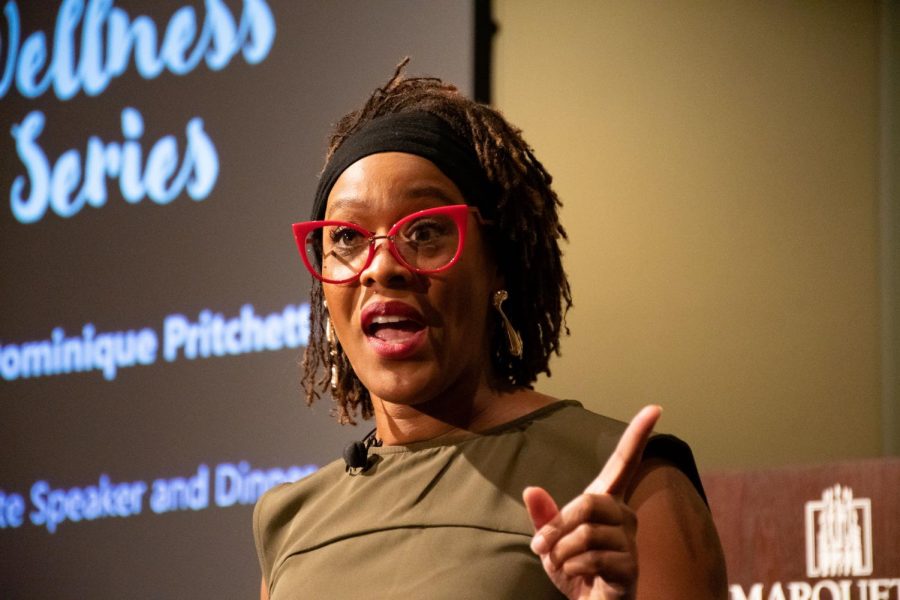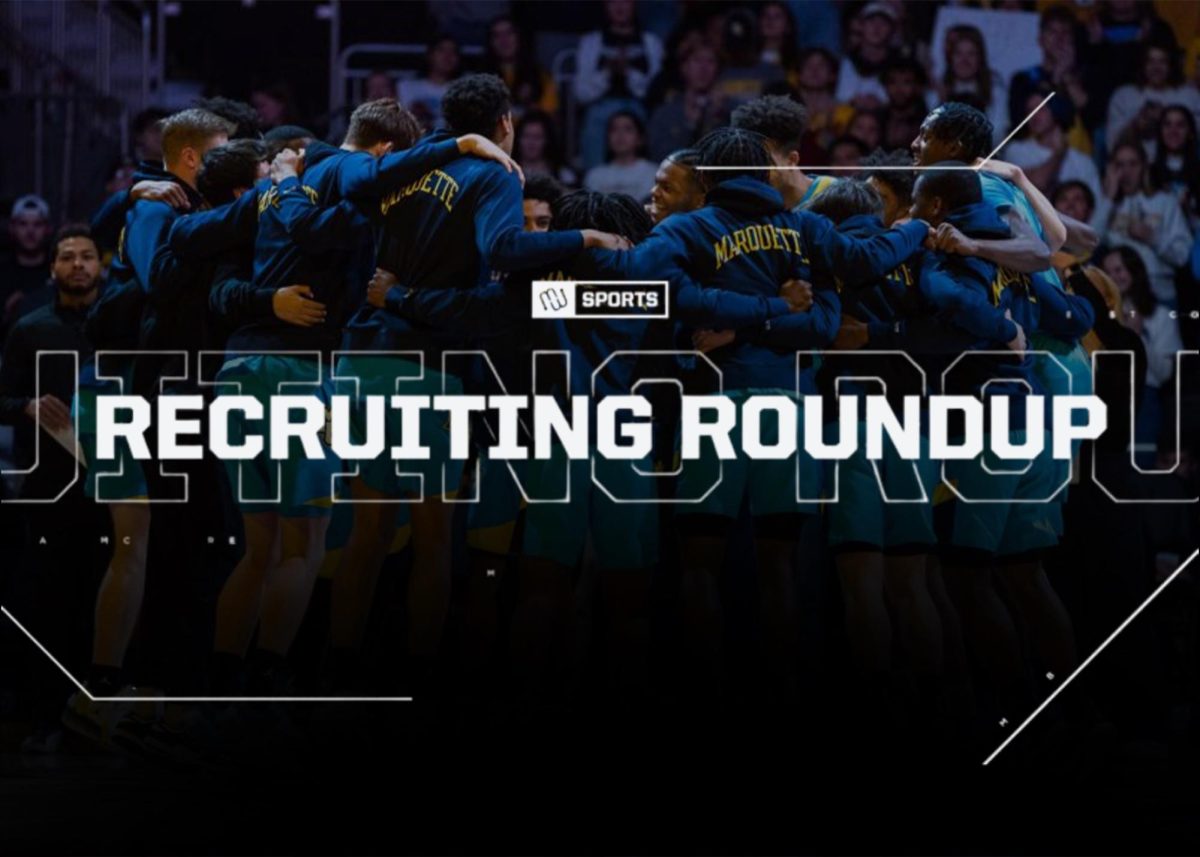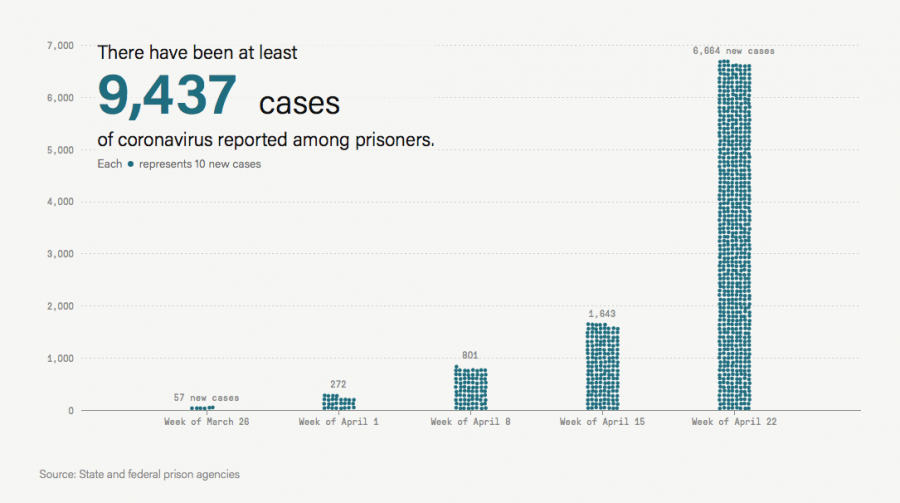While Black History Month is a time to recognize and highlight the accomplishments of Black people in the United States, we should continue to celebrate Black people, and other people of color, during the entire year.
Different organizations across Marquette University are hosting events throughout February to draw attention to Black voices and art.
These events include the “Justice in Action” conference Feb. 19, a Black Arts Showcase hosted by the Center for Engagement and Inclusion Feb. 26 and a Ebony Ball hosted by Black Student Council Feb. 27.
As of the fall 2021 semester, there are 332 Black students on campus compared to 5,212 white students, as well as 29 Black full-time faculty members compared to 527 white full-time faculty members according to the Office of Institutional Research and Analysis. These disparities make dedicating time this month to learn and engage with Black culture and stories important, especially at a predominantly white institution.
During this month, it is also essential that non-Black students seek out resources themselves to learn and listen; it is not the responsibility of Black students to be educators.
We all need to do our part.
At the Marquette Wire, we are constantly working to improve our diversity and inclusion efforts. To us, diversity and inclusion isn’t a checklist to be marked off; it is a constant process, and we are constantly working on it.
As an organization, we also need to hold ourselves accountable to accurately represent students of color on campus, as many groups have been misrepresented or ignored.
The Wire also dedicates a monthly meeting to discuss diversity and inclusion with our entire staff. Many staff members across branches also reach out every week to discuss questions about inclusive language and content with the Editor of Diversity and Inclusion.
We also hosted an open forum on diversity and inclusion in November to engage with student leaders on campus. This forum was an opportunity to create connections with student organizations, to see how we can better serve them and to inform them about the work that we do and hope to do in the future.
These are all positive steps, but there is still a lot of work to do.
This semester, we are hoping to have more internal training, meetings with student organizations and to do another MUTV production that discusses diversity and inclusion.
As we move forward, the Wire is committed to improving our diversity and inclusion efforts within our own organization and in our coverage of the Marquette community.
We know that we will make mistakes. But we are promising to continue to be better; to hold ourselves accountable and listen to communities on areas that we can do better. Beyond Black History Month, we will continue to highlight Black students year-round; the same goes for other underrepresented communities on campus.
Marquette should do the same. In order to create a truly diverse and inclusive campus, the university should also work to create spaces that all students, regardless of color, can feel safe and welcome.
Editorial topics by the Marquette Wire are decided at weekly meetings between members of the executive board. The editorial is crafted with leadership by the executive opinions editor. The executive board consists of the executive director of the Wire, managing editor of the Marquette Tribune, managing editor of the Marquette Journal, general manager of MUTV, general manager of MUR and ten additional top editors across the organization.



